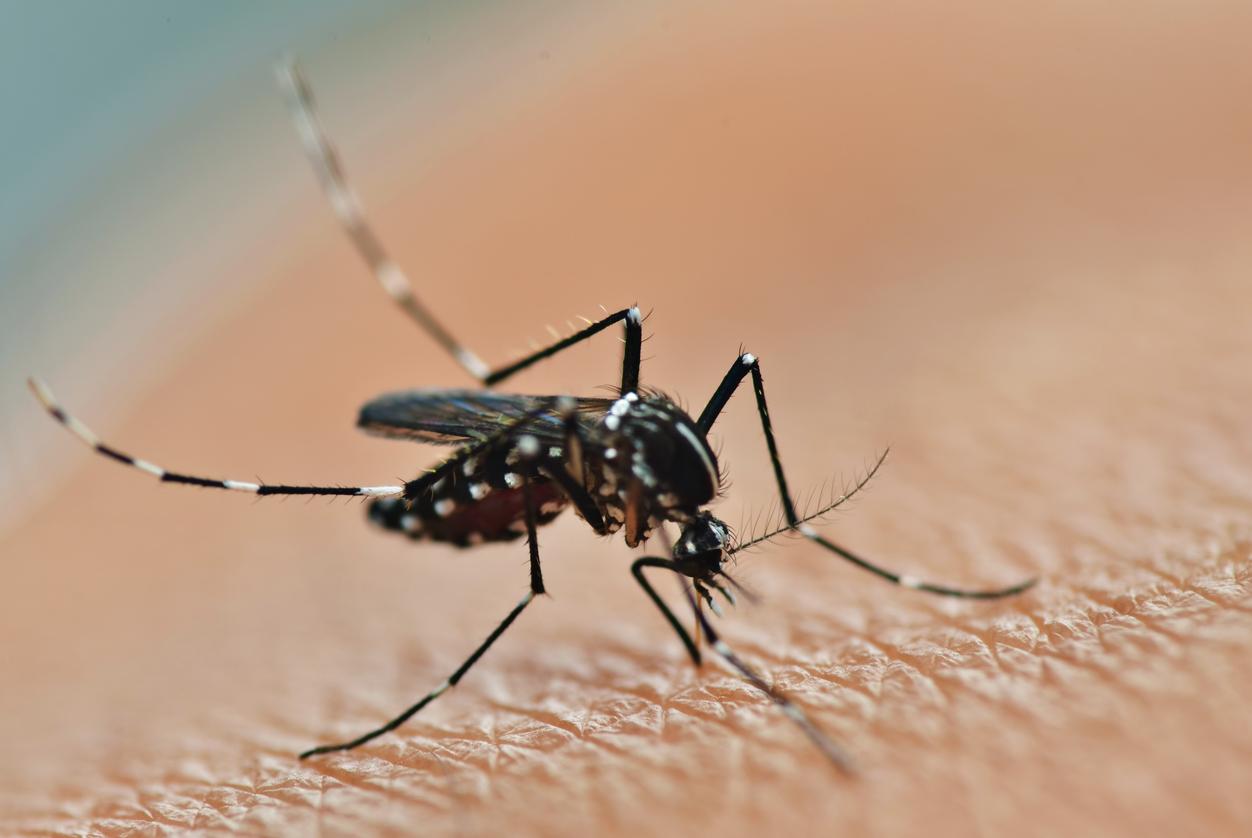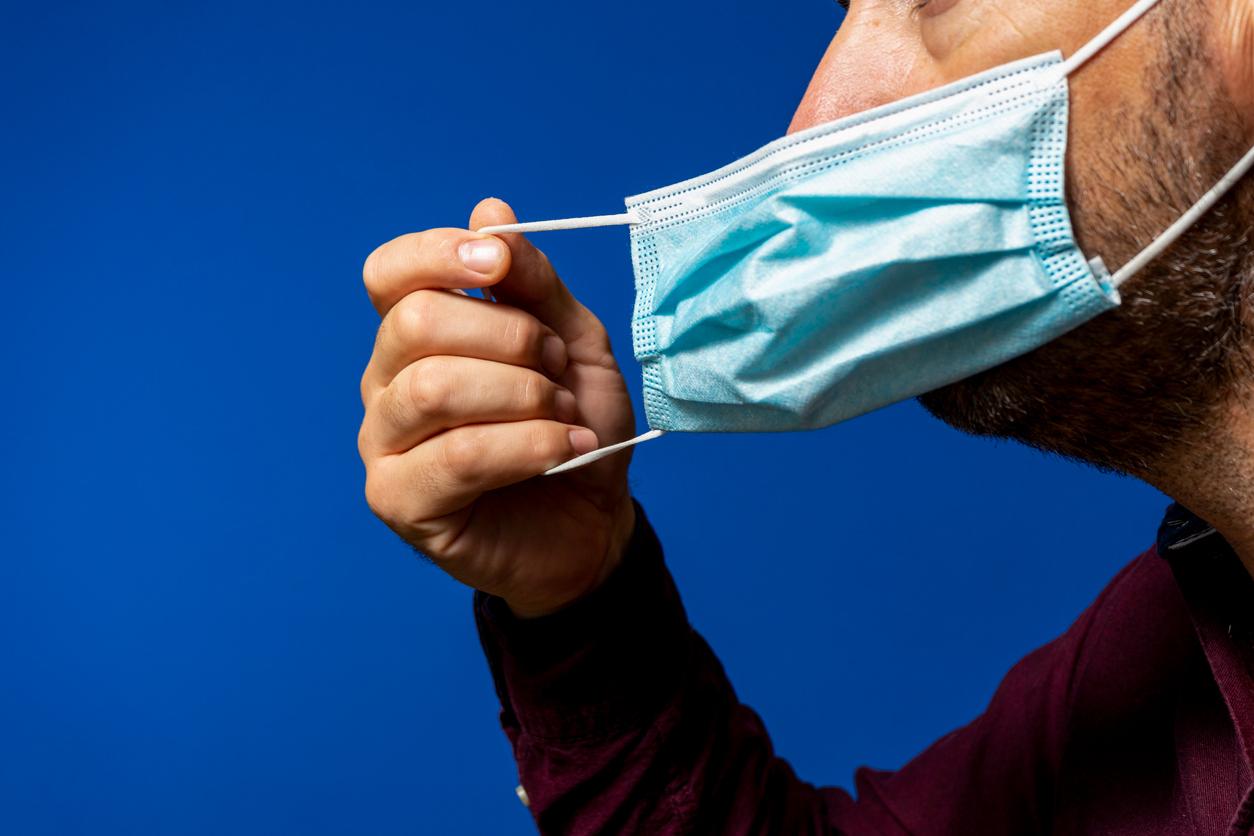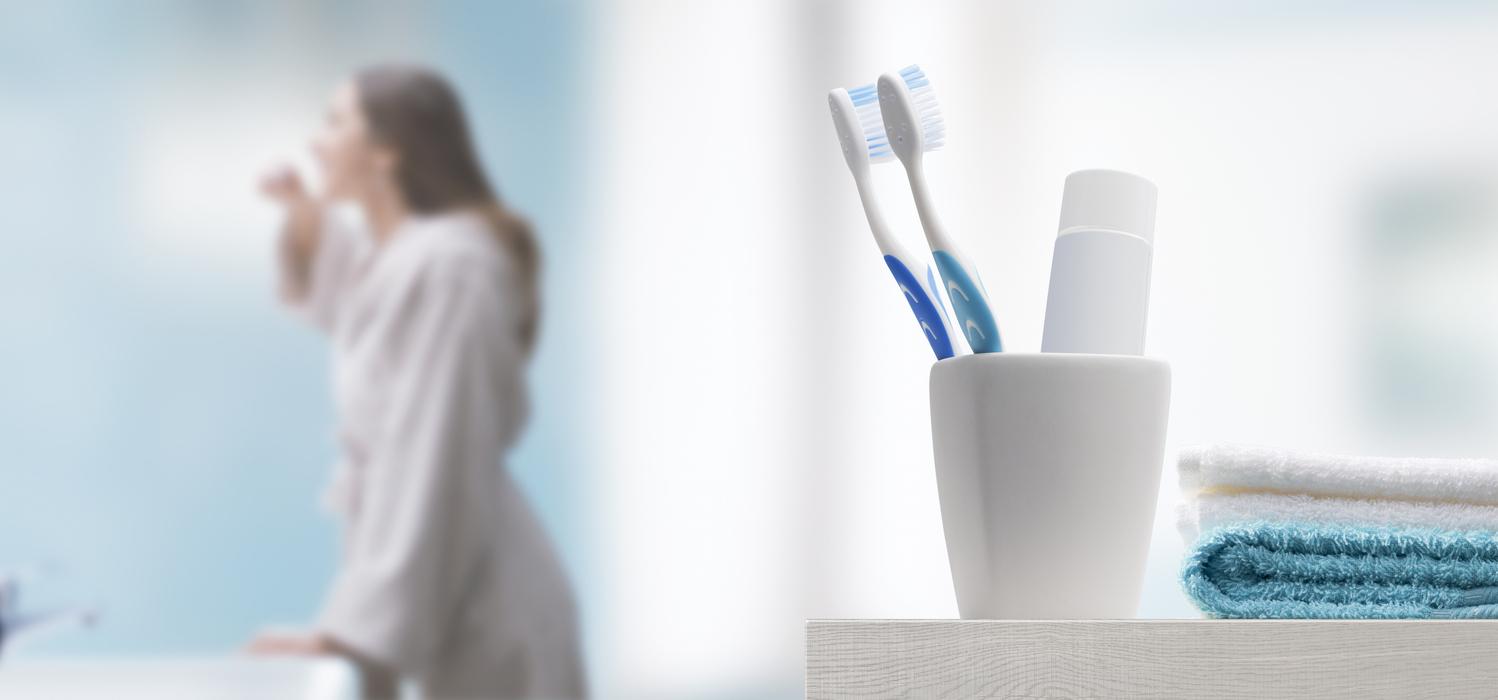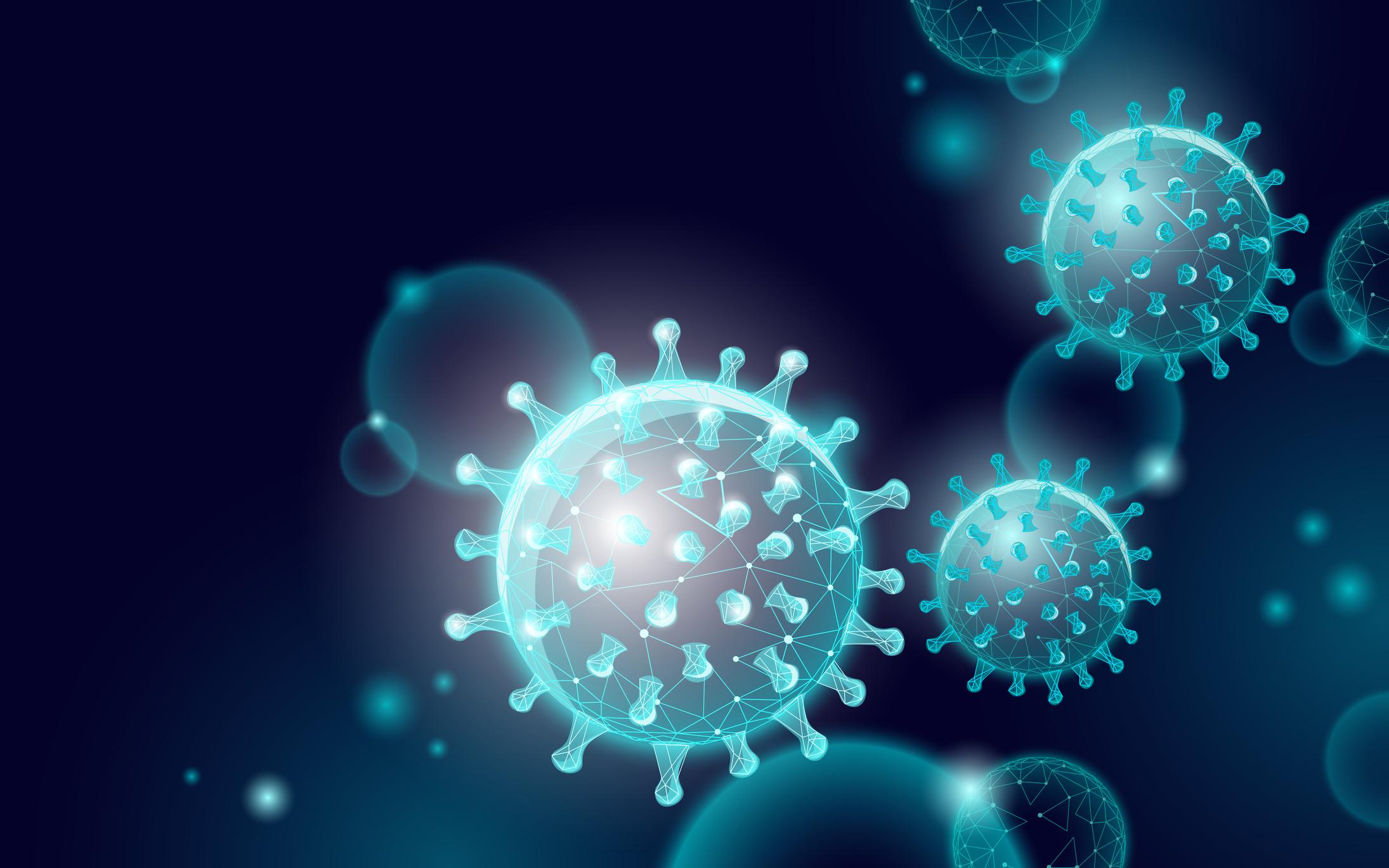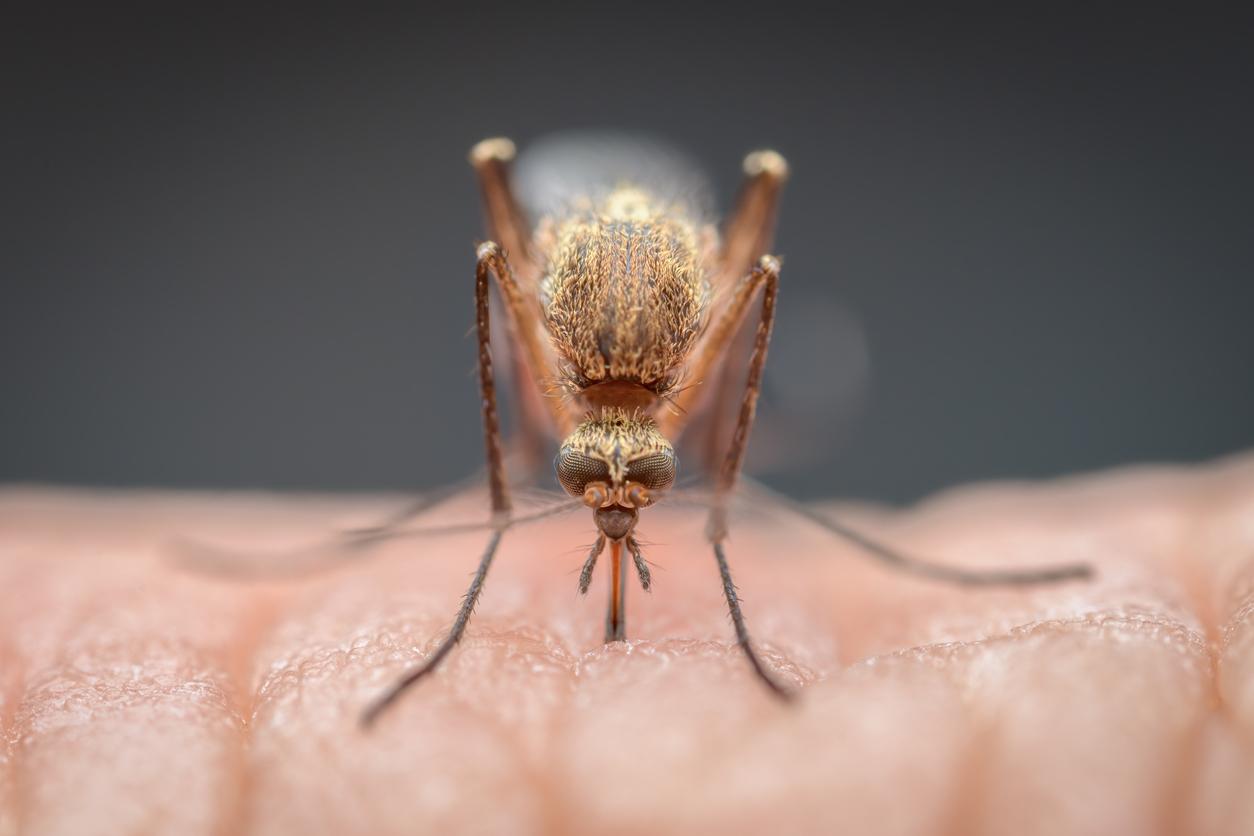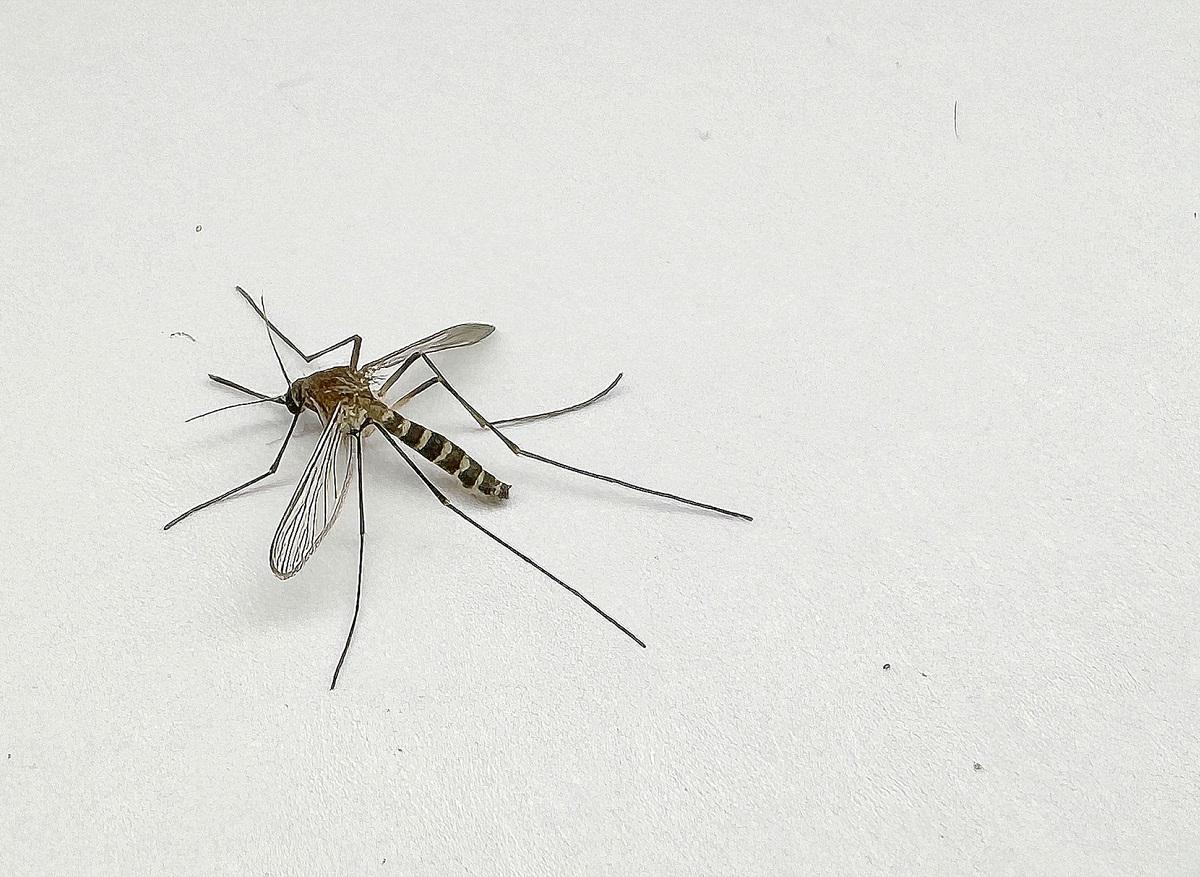Since January 2020, the SARS-CoV-2 virus and its related disease COVID-19 have killed more than 4 million people worldwide. During this epidemic, researchers at the University of Utah (United States) sought to understand the routes and mechanisms of transmission of the virus. If the transmission of covid-19 by micro-droplets exhaled by some and inspired by others is beyond doubt, it is fomite transmission that American researchers have focused on in a study published last February in the journal ACS publications.
Fomite transmission, for those who don’t spend their free time on wikipedia, is transmission via a contaminated object. In this case, a door handle, a computer keyboard, a smartphone… At the very beginning of the pandemic, Australian researchers demonstrated that the virus could survive for up to 28 days on surfaces. Since then, we no longer travel without our small bottle of hydroalcoholic gel, to be sure to avoid any contamination. But while several studies have pointed to common touch surfaces as a source of transmission that has led to outbreaks of covid-19, Utah academics suggest too much time was spent cleaning surfaces, compared to the risk involved.
“Large-scale epidemiological studies have now led public health experts to conclude that fomite transmission of CoVs, including SARS-CoV-2, poses a relatively low risk,” they explain. This weak transmission would be due to the protective effect of mucins, present in the mucus. These proteins protect our body from pathogens. The researchers studied the reactions when they are deposited, via sputters, on plastic surfaces. They found that when water evaporates, the bond between mucins and virus particles becomes stronger. The postilions present on the surfaces and dehydrated would thus be less contagious than the postilions expelled via the respiratory tract and still well hydrated.
Source : Mucins Inhibit Coronavirus Infection in a Glycan-Dependent MannerACS publications, February 2022
Read also :
- Covid-19: assessment, announcements, figures
- Covid-19: we don’t open the windows enough











